By Christopher Miskimon
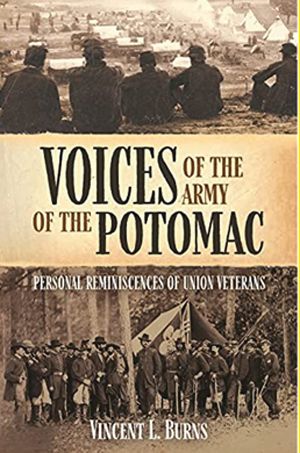 New York-born Colonel Thomas C. Devin wanted to encourage Brig. Gen. John Buford that the First Division of the U.S. Cavalry Corps defending Gettysburg could hold off Confederate infantry until the main body of the Army of Potomac arrived. It was the evening of June 30, 1863, just hours before the start of the three-day clash at Gettysburg.
New York-born Colonel Thomas C. Devin wanted to encourage Brig. Gen. John Buford that the First Division of the U.S. Cavalry Corps defending Gettysburg could hold off Confederate infantry until the main body of the Army of Potomac arrived. It was the evening of June 30, 1863, just hours before the start of the three-day clash at Gettysburg.
Buford intended to do his duty, but he had no illusion it would be easy. “They will attack you in the morning and they will come booming—skirmishers three deep,” he told Devin, who commanded the Second Brigade of the First Division.
“You will have to fight like the devil to hold your own until supports arrive. The enemy must know the importance of this position, and will strain every nerve to secure it, and if we are able to hold it, we shall do well.”
The Union cavalry, arrayed on the ridges west of Gettysburg, succeeded in its mission on the morning of July 1 in the face of a determined attack by Maj. Gen. Henry Heth’s Division of the Confederate III Corps. Although sorely pressed, the cavalrymen kept their foe at bay until the arrival of Maj. Gen. John Reynolds’ I Corps.
Military historians are fortunate that so many of the American Civil War’s participants were literate and left behind detailed accounts of their service. This works collects many of them into an interesting volume on the Army of the Potomac.
The author illuminates their thoughts, attitudes, and perceptions of the war raging around them. Interestingly, these views are not always the same ones held by their superiors.
Voices of the Army of the Potomac: Personal Reminiscences of Union Veterans (Vincent L. Burns, Casemate Books, Havertown PA, 2022, 359 pp., maps, photographs, notes, bibliography, index, $37.95, hardcover)
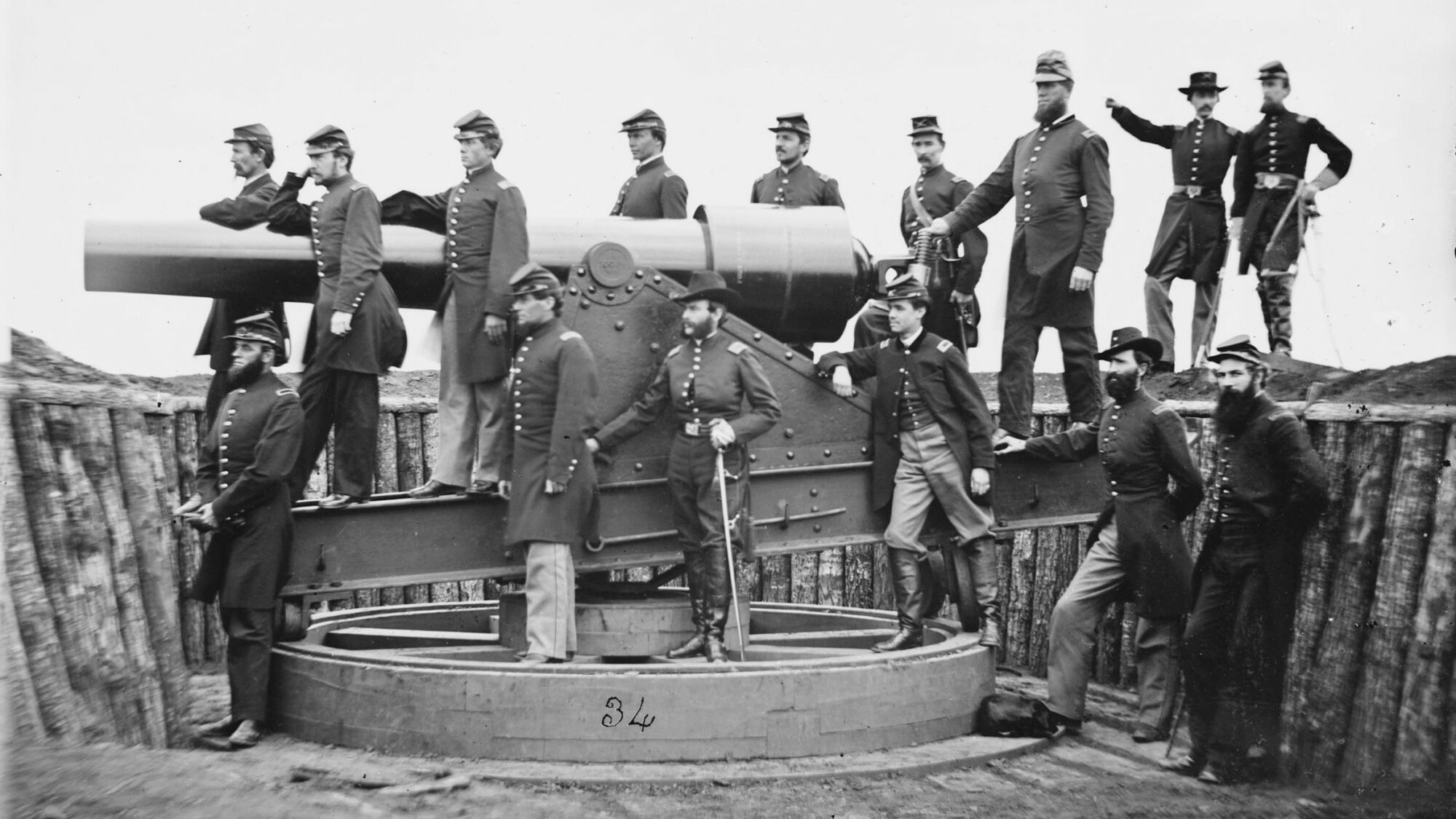
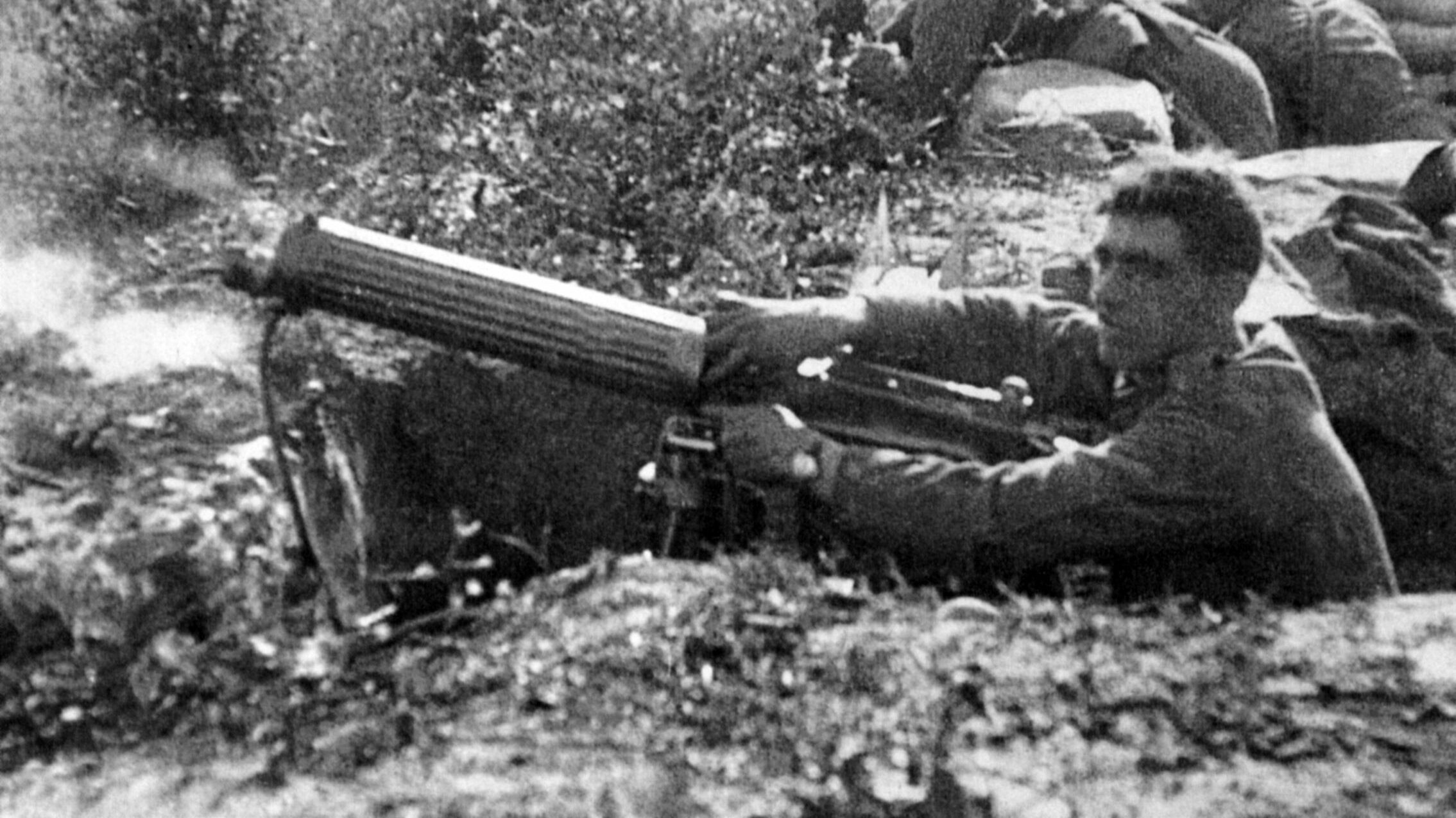
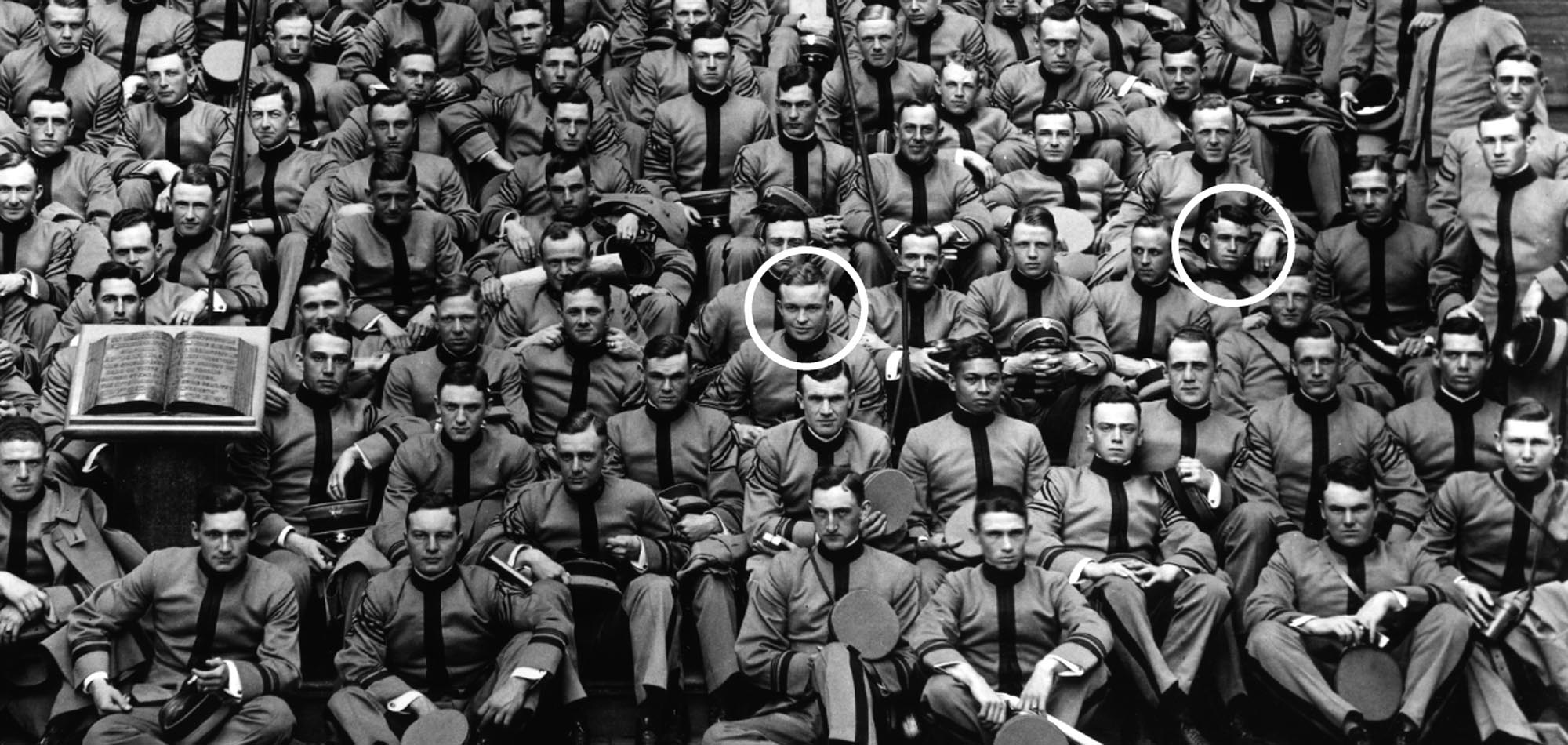
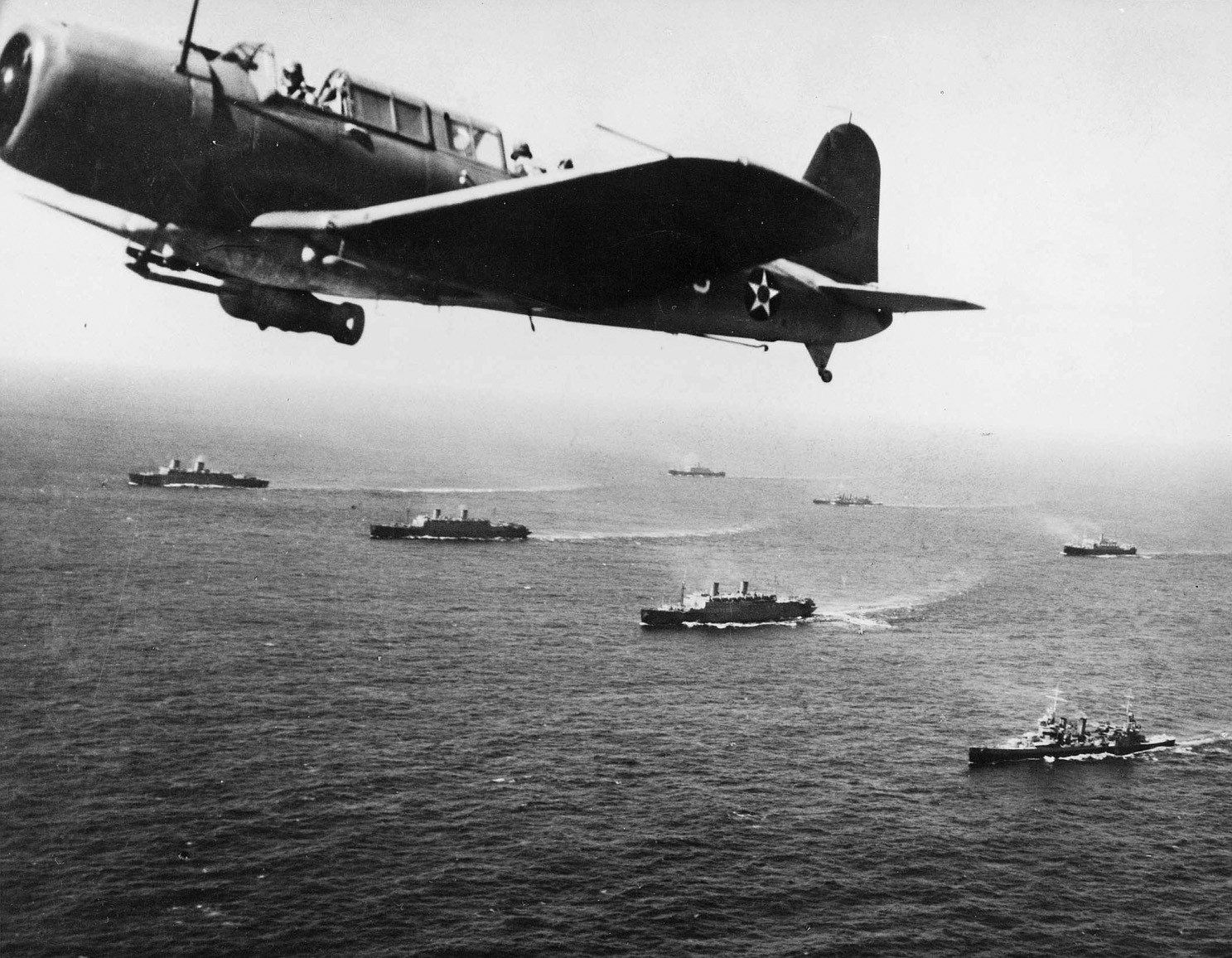
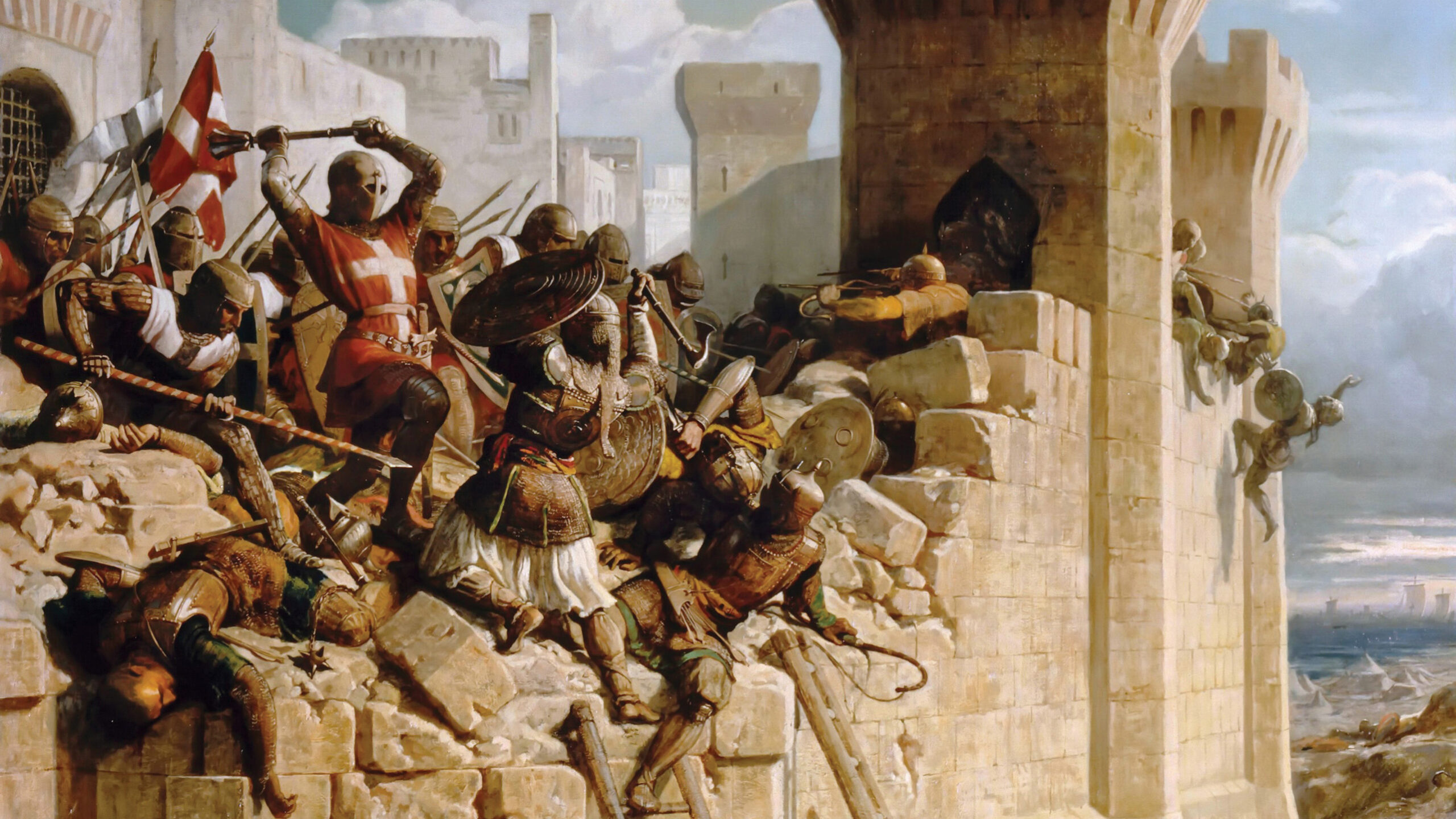

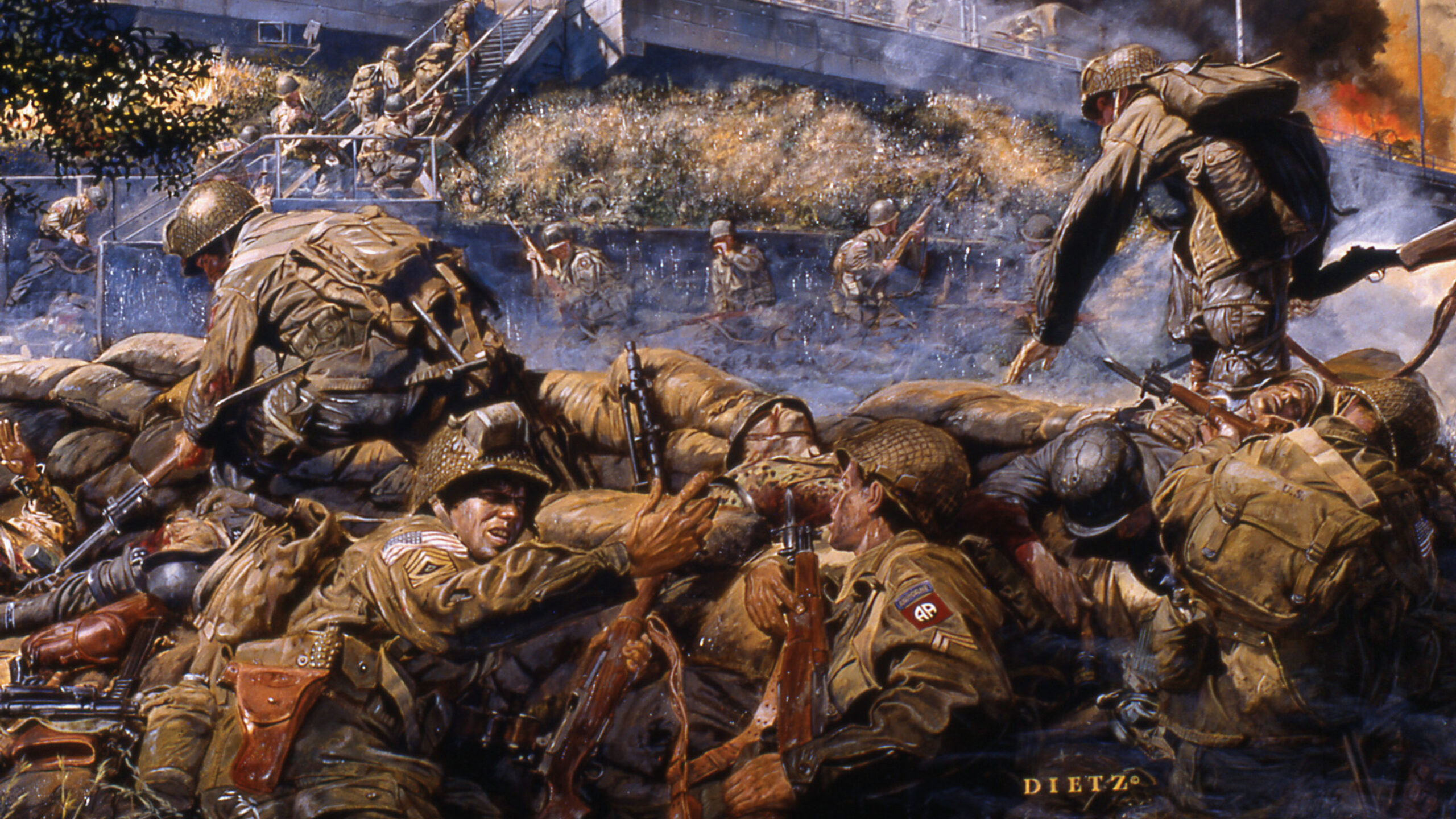
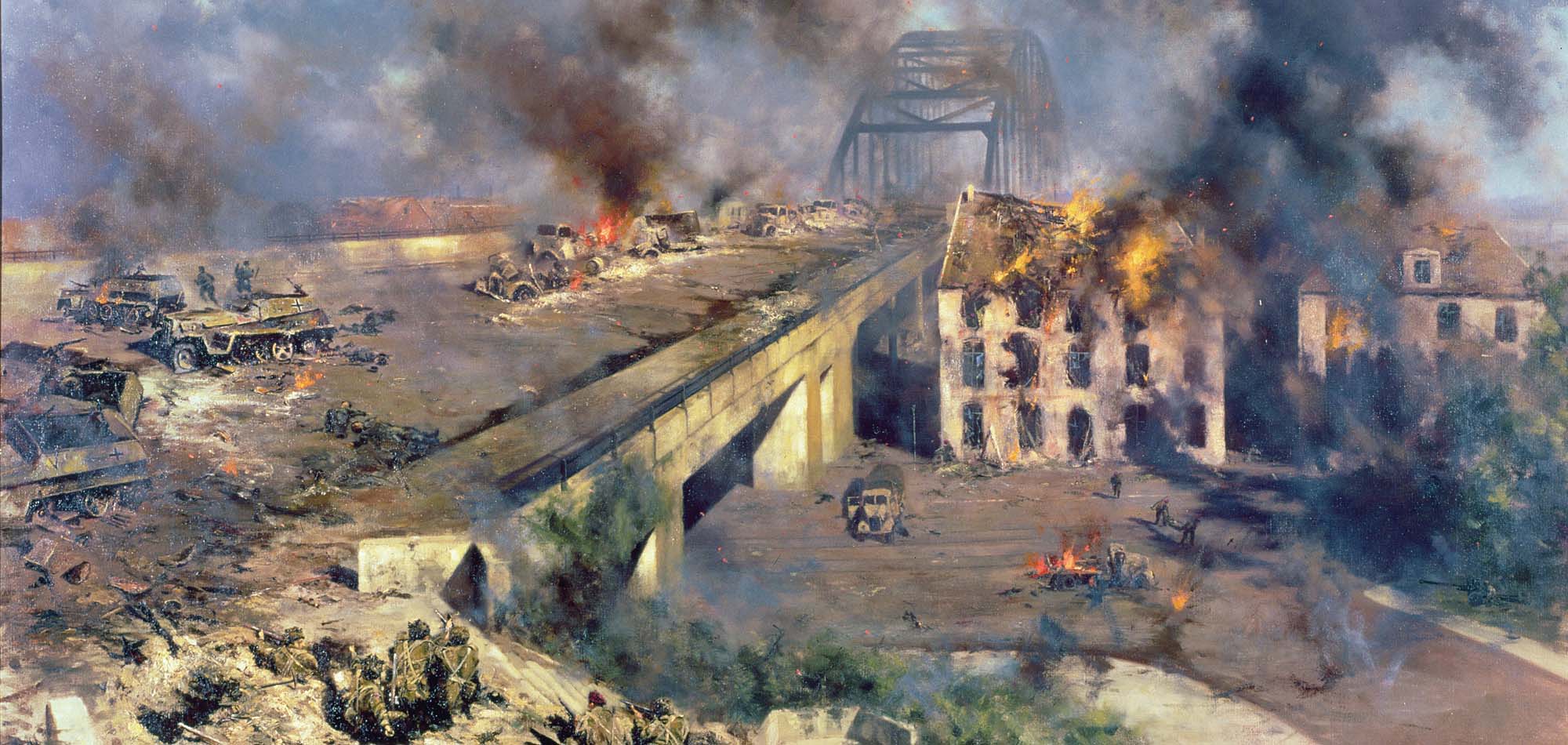
Join The Conversation
Comments
View All Comments